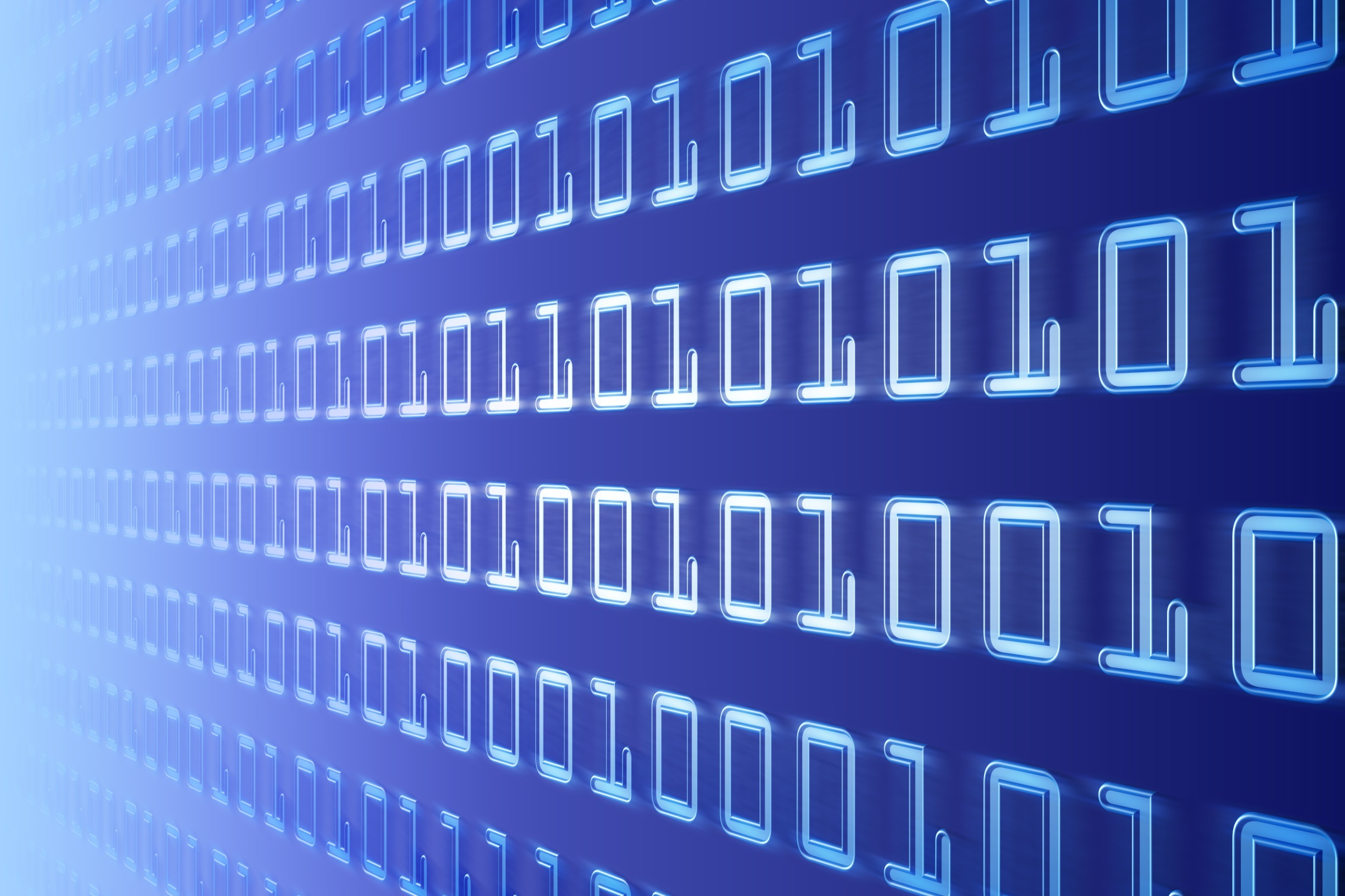MS-DOS & Word for Windows original source code released
US computing museum has made source code for two of Microsoft's most popular products available to download for free.

The original source code for two of Microsoft's most widely-used products, MS-DOS and Word For Windows, has been made publicly available for the first time.
This means developers and home computing hobbyists can now get their hands on the source code for the version 1.1 1982 edition of MS-DOS, as well as version 2.0 that dates back to 1983.
Preserving historic source code like these two programmes is key to understanding how software has evolved from primitive roots to become a crucial part of our civilisation.
Additionally, the source code for the 1990 version of Microsoft word processor Word For Windows has also been released.
This version of the software is credited with establishing Microsoft as a dominant player within the business productivity space back in the day.
Within four years of the software's release the company was reportedly generating more than half of the worldwide word processing market revenue.
The pieces of code have been released, with the software giant's permission, by the US-based Computer History Museum and can be downloaded for free from its website.
The organisation, which specialises in the preservation of historical computing materials, said releasing the source code of both products ensures future generations can appreciate how far the software industry has come over the years.
Sign up today and you will receive a free copy of our Future Focus 2025 report - the leading guidance on AI, cybersecurity and other IT challenges as per 700+ senior executives
Len Shustek, the museum's chairman, said: "We think preserving historic source code like these two programmes is key to understanding how software has evolved from primitive roots to become a crucial part of our civilisation."
Roy Levin, distinguished engineer and managing director of Microsoft research, said both products played an important part in helping his company become the household name it is today.
"MS-DOS and Word for Windows built the foundation for Microsoft's success in the technology industry," said Levin.
"By contributing these source codes to the Computer History Museum archives, Microsoft is making these historic systems from the early era of personal computing available to the community for historical and technical scholarship."
-
 Everything you need to know about Google and Apple’s emergency zero-day patches
Everything you need to know about Google and Apple’s emergency zero-day patchesNews A serious zero-day bug was spotted in Chrome systems that impacts Apple users too, forcing both companies to issue emergency patches
-
 Ronald Richardson to lead Leaseweb’s global commercial strategy
Ronald Richardson to lead Leaseweb’s global commercial strategyNews The experienced executive has been named Leaseweb’s new CRO as the IaaS provider embarks on the next phase of its growth journey